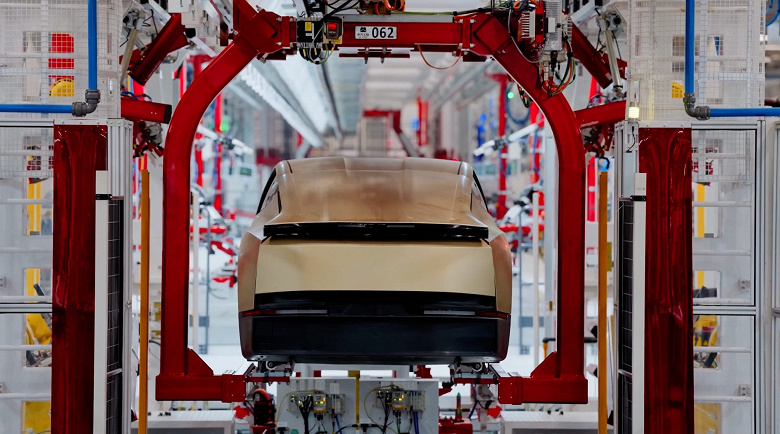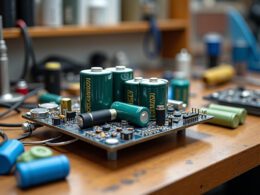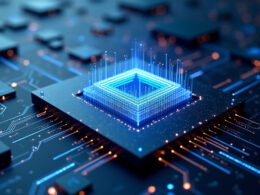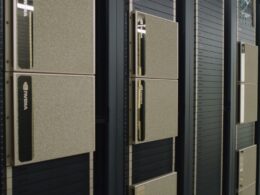Introduction: A Milestone in Autonomous Driving
In a significant development for the autonomous vehicle industry, Elon Musk, CEO of Tesla, has confirmed that production of the company’s fully autonomous Cybercab will begin in April 2026. The Cybercab is set to be Tesla’s first vehicle engineered solely for autonomous driving, marking a pivotal moment in the evolution of Tesla’s fleet.
Innovative Design for the Future
Musk described the Cybercab as a groundbreaking vehicle that has been “designed from the ground up, optimized for autonomous driving,” with no steering wheel, pedals, or side mirrors. According to Musk, the Cybercab is crafted to minimize costs per autonomous mile, leveraging the advanced hardware that has already been incorporated into Tesla’s vehicles over recent years.
Manufacturing Revolution at Giga Texas
The Cybercab will be manufactured at Tesla’s Giga Texas facility, paving the way for the company’s entry into the commercial robotaxi market. Musk emphasized that this venture represents Tesla’s next evolutionary step in integrating car manufacturing, artificial intelligence, and mobility services. Notably, Musk highlighted that the Cybercab’s production process resembles consumer electronics assembly more than traditional automotive manufacturing.
Setting New Production Benchmarks
Tesla aims to achieve revolutionary production efficiency, with Musk claiming the potential to assemble a car every 10 seconds. This ambitious goal suggests a future output of 3 million vehicles annually, with an eventual target of 5 million units if a 5-second cycle time can be achieved. By comparison, Tesla’s Model Y currently takes 34 seconds to assemble, highlighting the game-changing nature of the Cybercab’s production strategy.
Broader Industry Context
This announcement places Tesla at the forefront of a race towards full vehicle automation, a trend that is rapidly reshaping transportation. With competitors also vying to lead in autonomous technology, Tesla’s Cybercab could redefine standards for efficiency and design in the industry, aligning with broader trends towards sustainability and innovation.
Musk’s claims also reflect a broader movement within the automotive industry towards reducing production times and costs, utilizing AI and innovative assembly techniques to transform traditional manufacturing paradigms.





